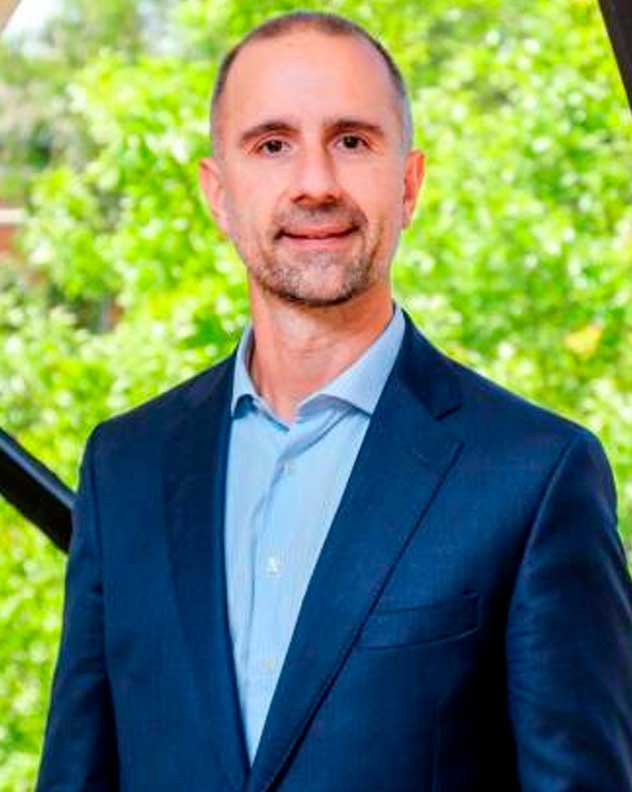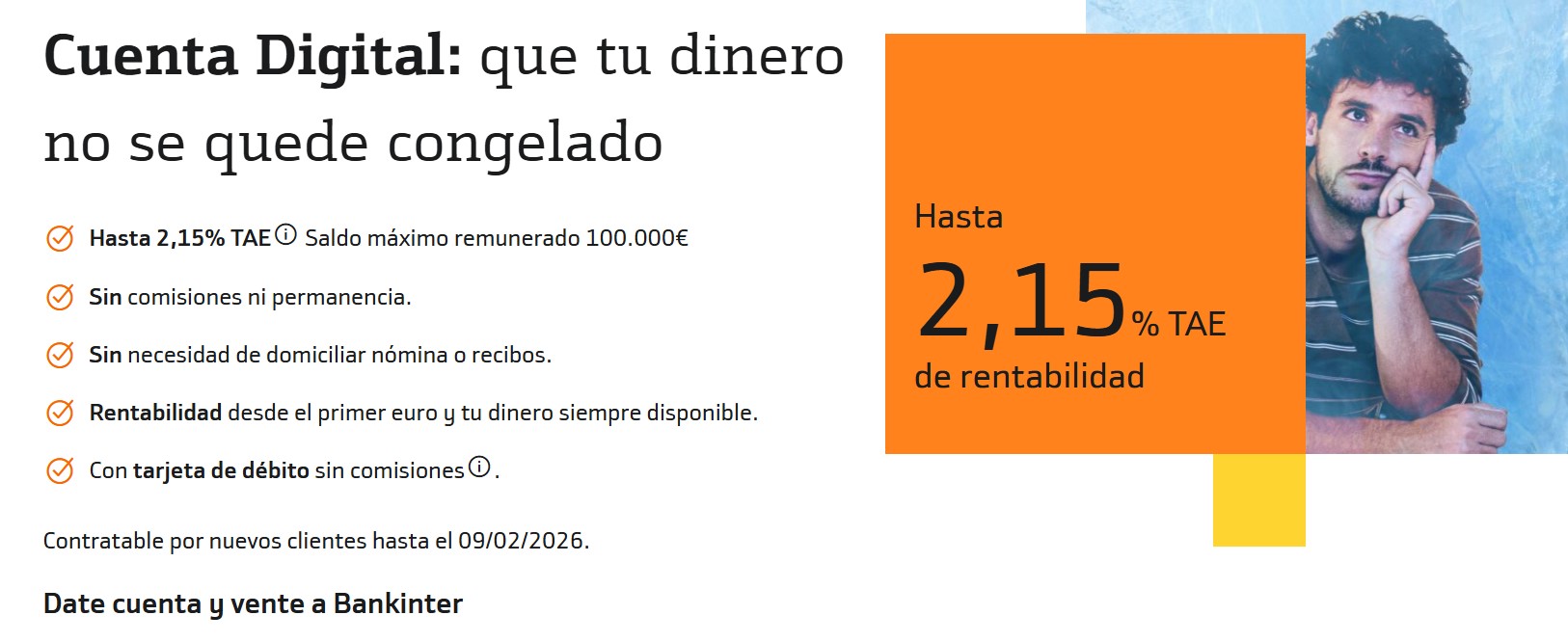The Global Leader Talks provide a venue for reflecting on business strategy and the new challenges facing organisations
José Marcilla (MBA ‘01), Senior Vice President for Southern, Eastern, Russia and Central Europe (SERCE) at Novartis, was the guest speaker at the first edition of Global Leader Talks, a new series designed to promote reflection on business strategy and the new challenges facing organisations, featuring global leaders from all over the world.
The purpose of this initiative is to share and disseminate best practices in the business world by inviting high-profile international professionals from various sectors to give talks. These sessions provide the alumni community with knowledge and experience that will enable us to become better professionals in terms of management and social responsibility.

The opening session of Global Leader Talks featured José Marcilla, a responsible global leader who strives to develop leaders who will improve the world – a goal closely aligned with the values of the Esade Alumni community. Marcilla has a multidisciplinary background, due to his time in different departments at Novartis and his extensive experience in various countries, including the United States, Italy, Argentina, Spain and Poland. Conveying satisfaction with his nearly 20-year career at Novartis, Marcilla declared: “What you give to the company and what the company gives you is important. At Novartis, I have been able to learn and develop as a person throughout my life. Above all, I have learned to think big – at Esade, I discovered that it is our responsibility to try to make the world a fairer place – and also to take risks and never stop learning.”
As a representative of one of the world’s largest pharmaceutical companies, Marcilla delivered a talk entitled “Will We Live 100 Years? The Future of the Pharmaceutical Industry”, which outlined the prospects for the sector as well as the challenges that lie ahead. “In my opinion, ‘beyond health’ is the new concept,” he commented. “The organisations that tackle the issue of health are the ones that will be successful in the future.” Luis Vives, Vice Dean of Programmes and Associate Professor in the Department of Strategy and General Management at Esade, chaired the session and moderated the Q&A session with the audience, which yielded a number of inspirational moments.
“‘Beyond health’ is the new concept. The organisations that tackle the issue of health are the ones that will be successful in the future.”
Transformation of the business model
As Marcilla explained, the pharmaceutical industry is immersed in one of the greatest transformations in its history and this process entails exponential growth. The technological revolution has coincided with the biomedical revolution – and the combination of the two translates into greater life expectancy and quality of life. “We are moving from treatment to prevention,” he said. “The idea is that the doctor, with the help of big data and artificial intelligence, will call us before we get sick. We are also moving towards personalised medicine.”
One of the challenges facing society globally is the ageing of the population. The increase in life expectancy is due to improvements in quality of life and, fundamentally, to advances in medical science that have taken place in recent decades. In Spain, people over 65 years of age will account for more than 30% of the total population in 2050. The number of octogenarians will be upwards of 4 million. “Older people use three times more medical services than younger people, so health will be the primary concern of governments all over the world,” explained Marcilla. “How we are going to organise healthcare is something we need to start looking at right now. This is a challenge not only for the pharmaceutical industry. We need to work as an ecosystem with value creation from different sectors and stakeholders; the pharmaceutical sector, hospitals, universities, governments and other industries need to collaborate on this challenge. We need to bring in people from other industries, because disruption in other sectors is greater than in pharmaceuticals. If you want to change people’s lives, this is the place to be.”
“There can be no innovation without a culture that supports innovation and allows for failure. I always encourage my team to strike a balance between leveraging what we already know and exploring new options.”
Leadership and innovation
When asked about leadership, Marcilla explained that leading a team is both the biggest step in a person’s career and also the most difficult part. “Leading is not a science, but an art,” he declared. The foundations for success, in his experience, are comprehending the local culture, understanding people’s values, and showing yourself to be a true leader with humility, authenticity and a favourable disposition.
“At Novartis, we believe in a culture that brings out the best in our people,” commented Marcilla. “This is how we fulfil our purpose of reinventing medicine to improve and extend people’s lives. We like to practise an ‘unbossed’ culture, because people are more creative when they have the space to develop their ideas. There can be no innovation without a culture that supports innovation and allows for failure. I always encourage my team to strike a balance between leveraging what we already know and exploring new options. Innovation drives us to keep learning and stay alive. If we don’t innovate, in a few years we might disappear.”

































